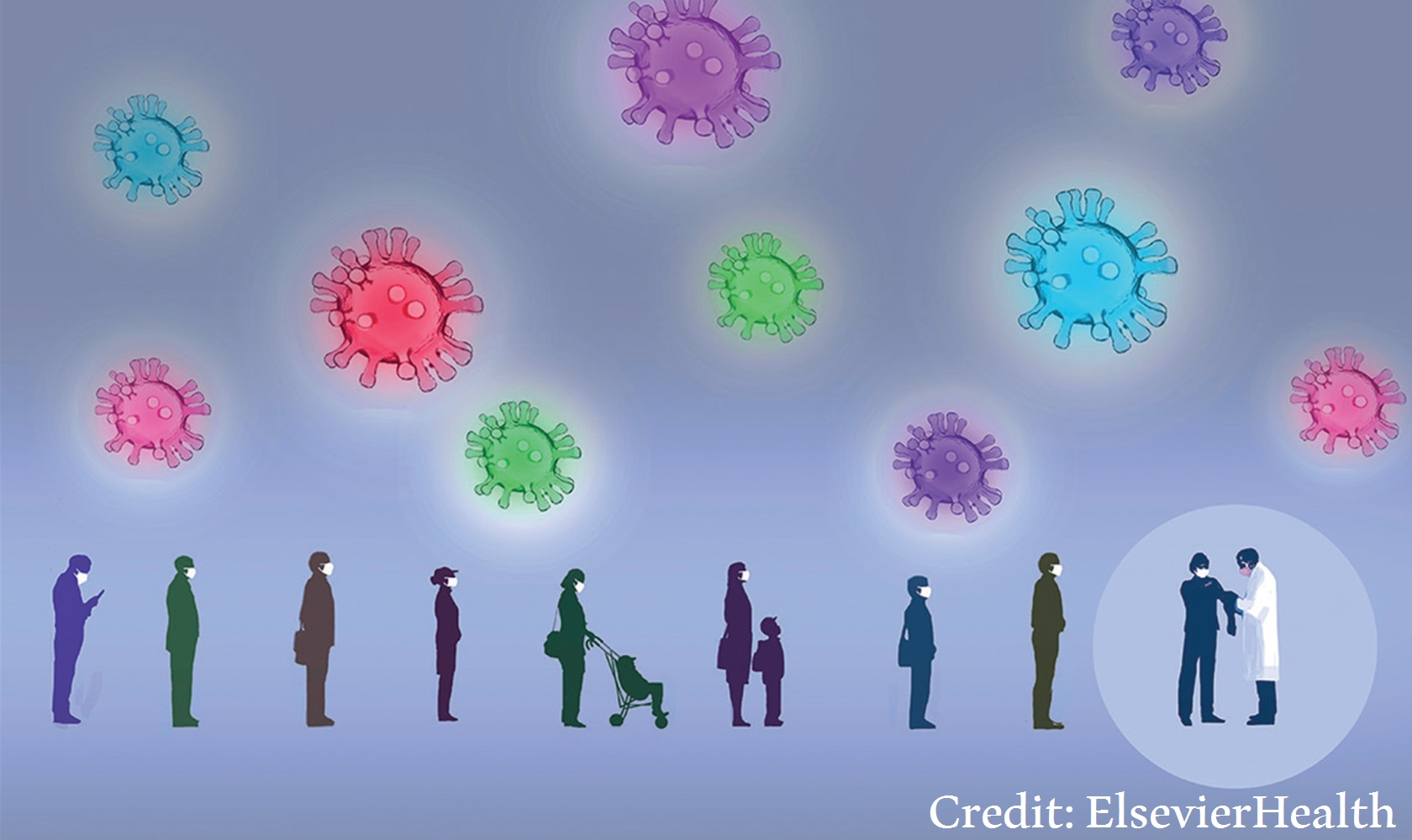
Covid Vaccination Challenges Worldwide
- Post by: Wasla Zainab Awan
- July 31, 2021
- No Comment
Over the passage of time, Covid-19 has transformed itself to nothing but a life-threatening global massacre which certainly has no end in the near future.
Countries all over the world are struggling with the new Covid variants, each of which has taken over as a dangerous threat double in capacity and death rate as compared to what it was a year ago. What comes in as a temporary relief is the release of various Covid vaccines approved by the World Health Organization and being supplied all over the world.
Numerous countries have made the vaccination a mandatory take to move locally and internationally but the process is pretty complicated as a good number of the country’s citizens are still adamant to get vaccinated.
The vaccination campaigns themselves, especially for developing countries with large populations, are a daunting task. Ensuring swift, fair and comprehensive coverage is one challenge; vaccine reluctance is another.
Curiously, a similar reluctance can be seen among the South Asian communities in the UK as well. Conspiracy theories and several misconceptions are bound to raise questions about how long it takes for immunity to kick in, even with one dose. The government must reiterate that while no vaccine offers 100pc immunity and SOPs must continue to be observed, getting inoculated greatly reduces the odds of falling seriously ill with the disease.
Establishing a national communication strategy is absolutely first priority. We have not had that at any point in the pandemic response to date. The public needs to hear regularly from top public health officials, with forming clear strategies based on mutual grounds with health officials and public. Additionally, state and local public health officials need more dedicated support.
Even before the pandemic, they have been under-resourced, underfunded, and overlooked. During COVID-19, exhausted state and local officials have been trying to implement testing, contact tracing, mask regulations, and policies to limit social gatherings. Now they must take on this huge challenge of vaccine distribution.
We can’t keep asking them to do more with less. The vaccination is a prolonged process which cannot be done until public comes with mutual cooperation.
Apart from the above mentioned factors, advanced capacity and improved infrastructure is another requirement a country needs to settle down the vaccination progress. Infrastructure involves staff, supplies, space, and storage, but an overriding need is modernizing outdated information systems. The ones in many of our local health departments are archaic—some still involve pencil and paper—and this greatly hinders our ability to share information, gather good data in real time, allow aggregation and analysis for policymakers, and provide reliable public information about what’s happening at local and state levels.
Addressing shortages regarding personnel and facilities is also paramount. We need more people to help administer vaccines as supply and demand ramp up.
All said, with being properly vaccinated, We need everyone to step up as partners to hit the targets needed to reopen our country. Only then can we once again see the miracle of a perfectly normal healthy day.
